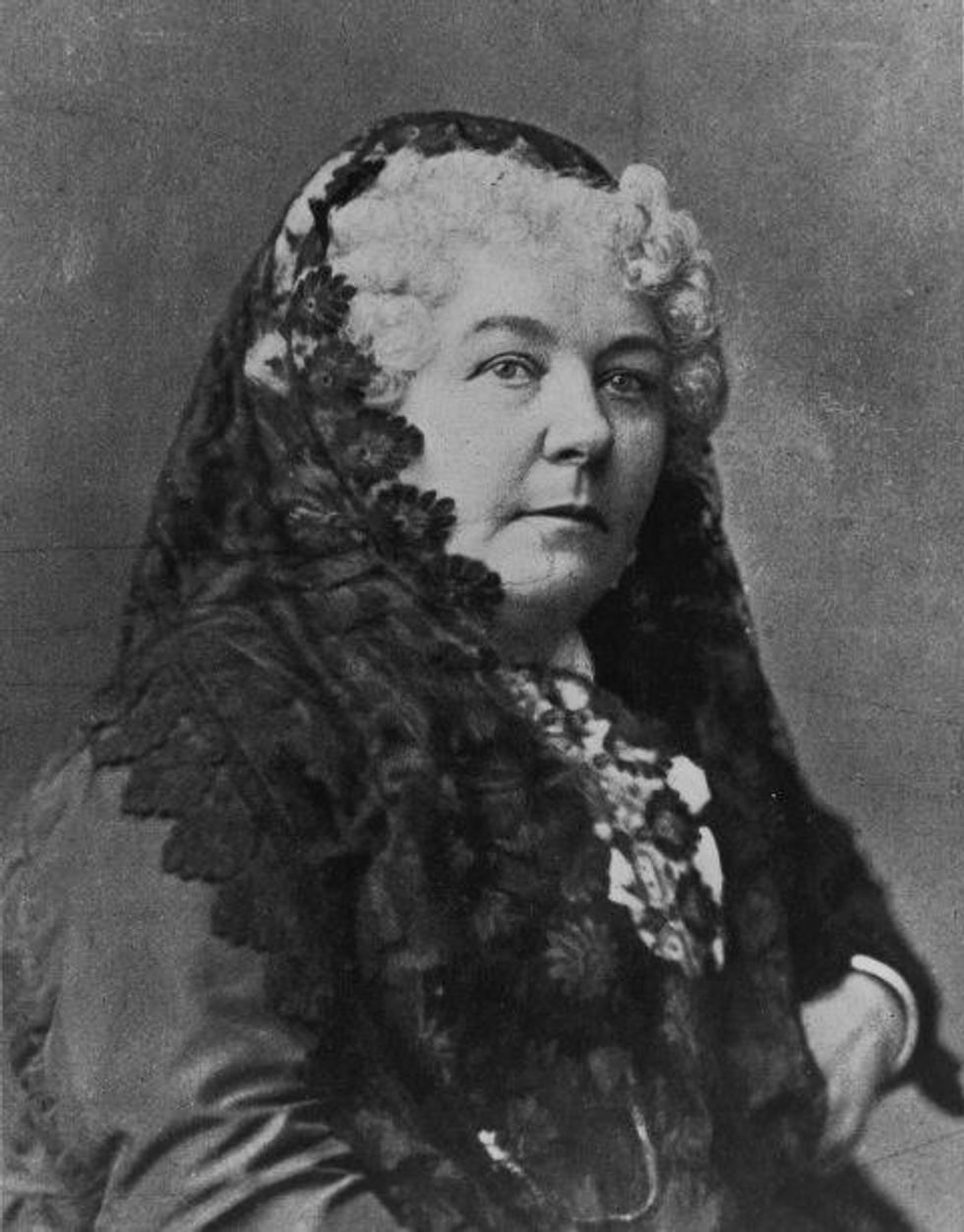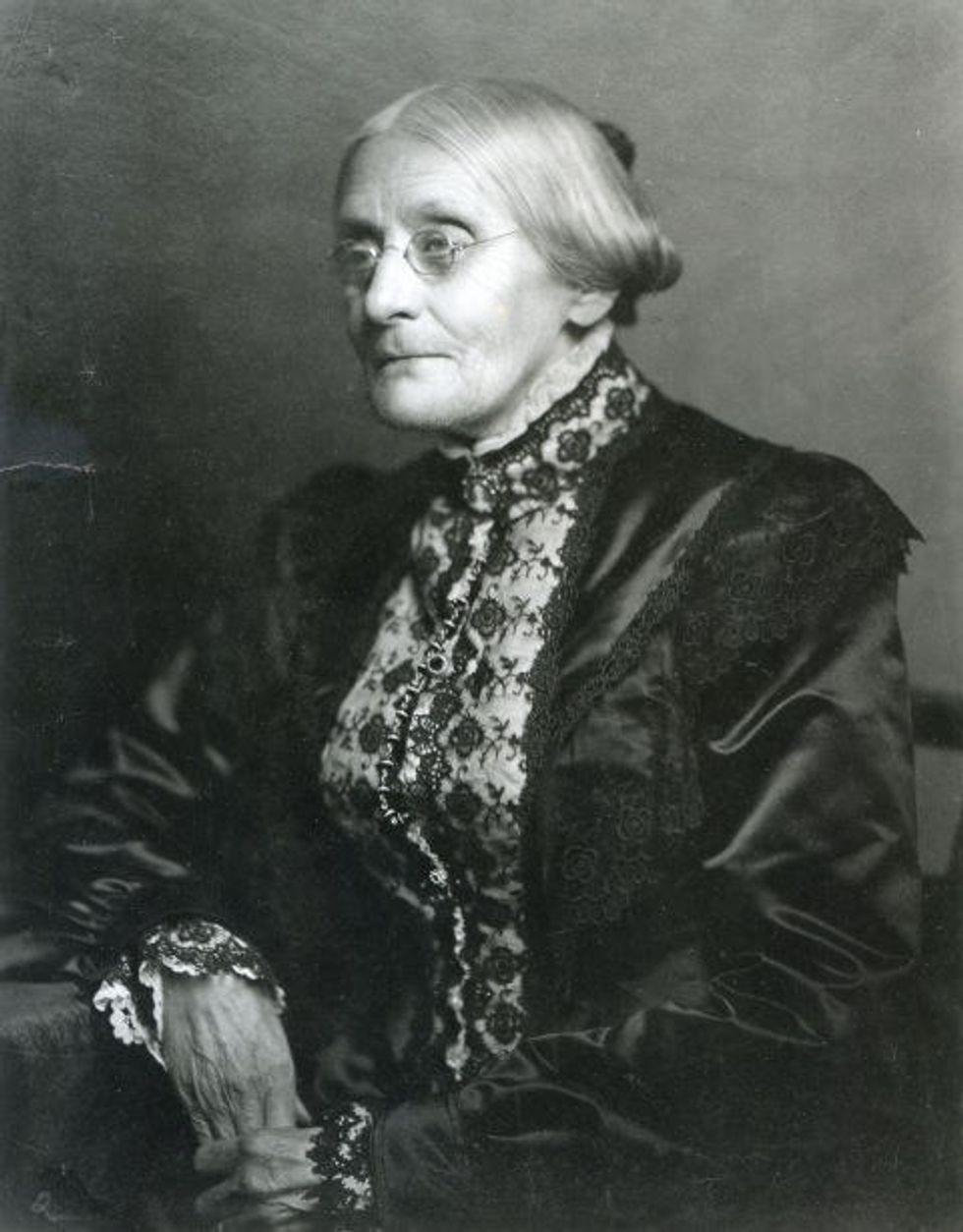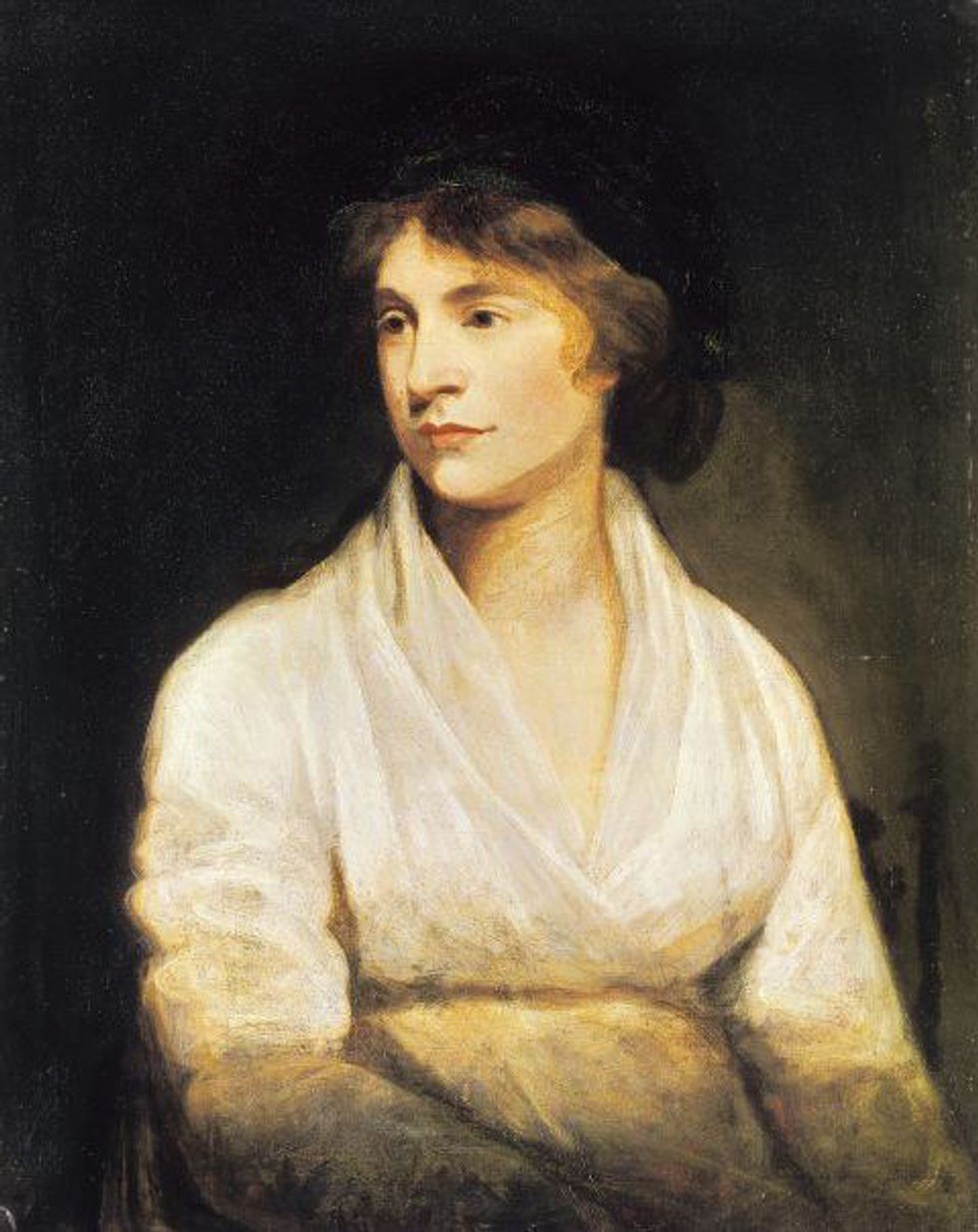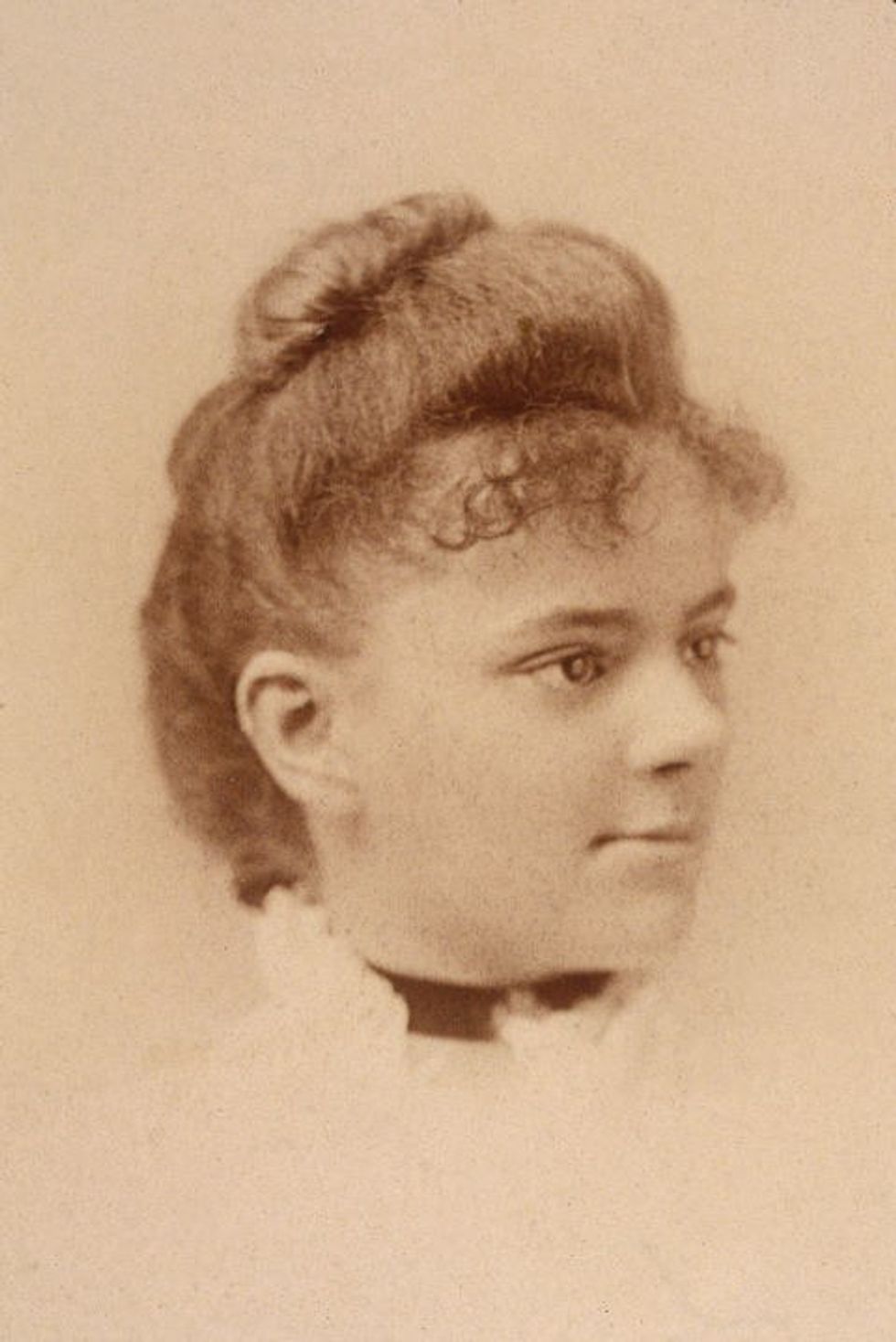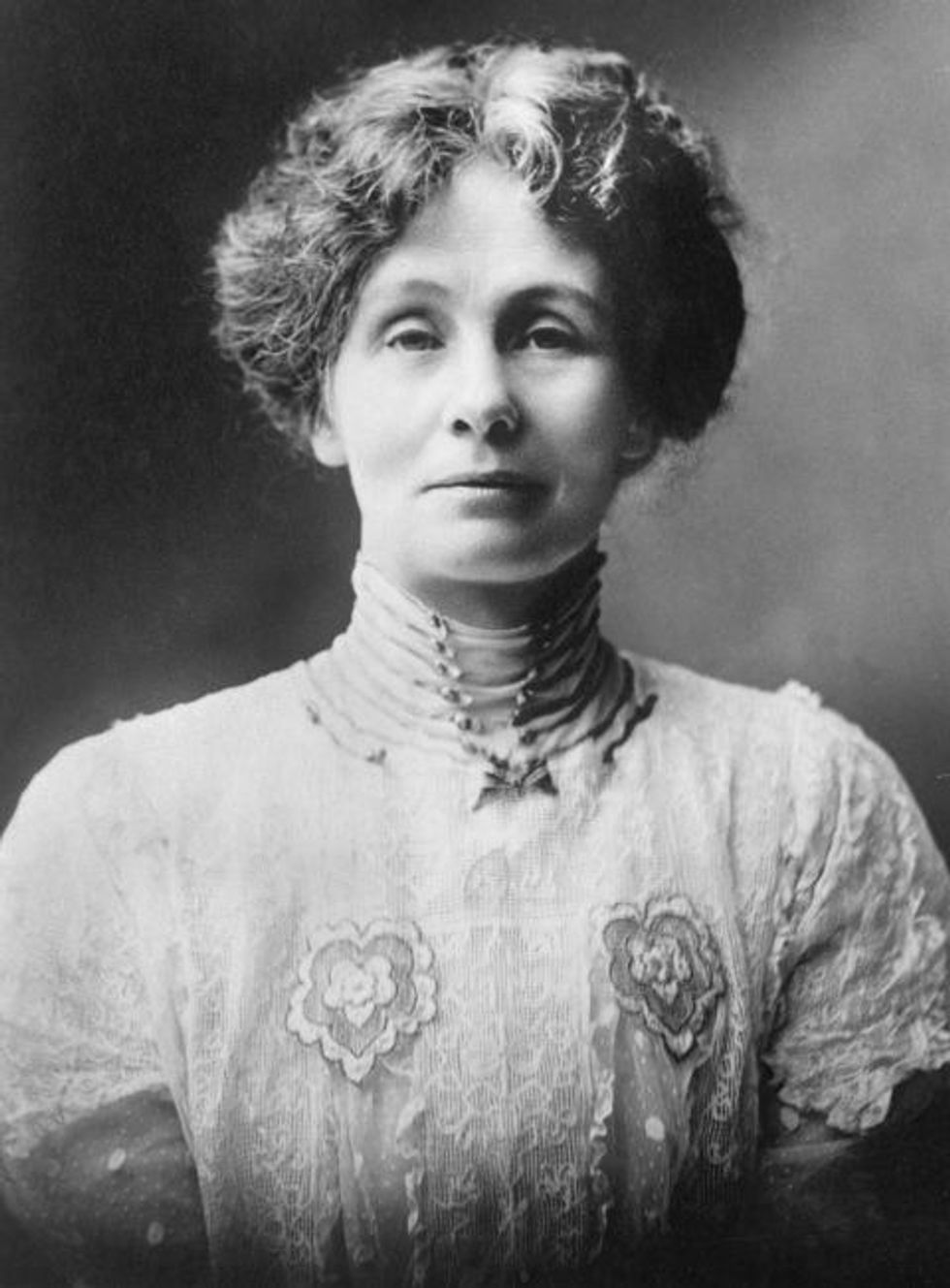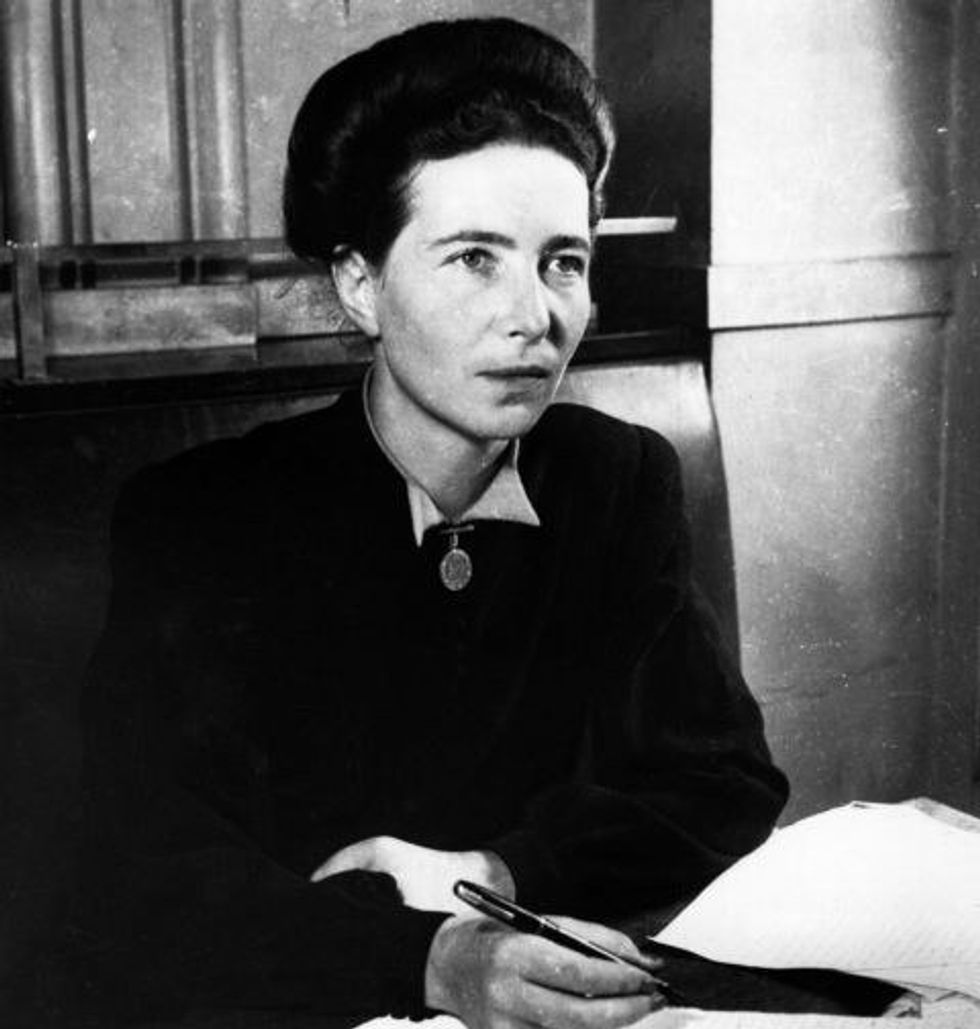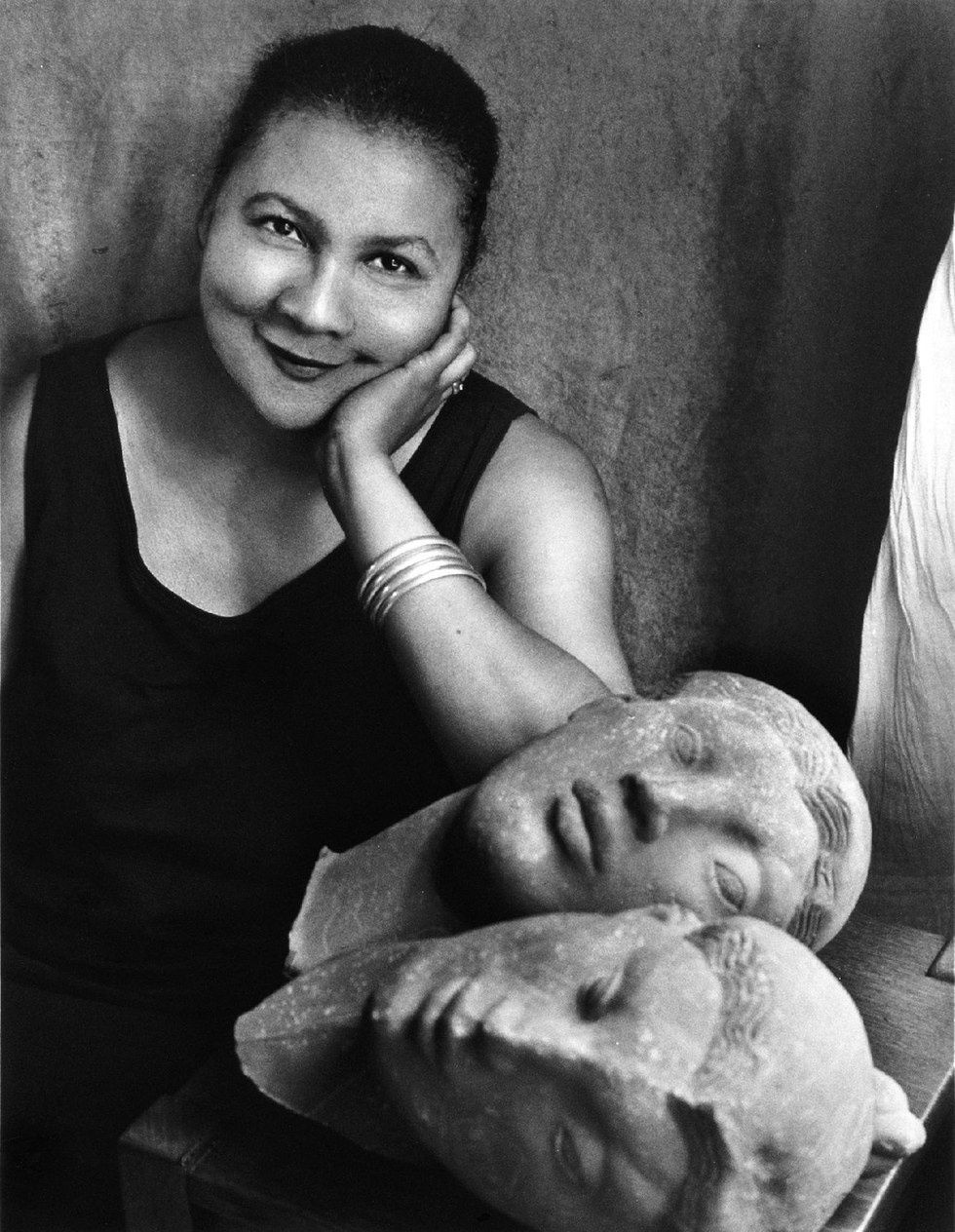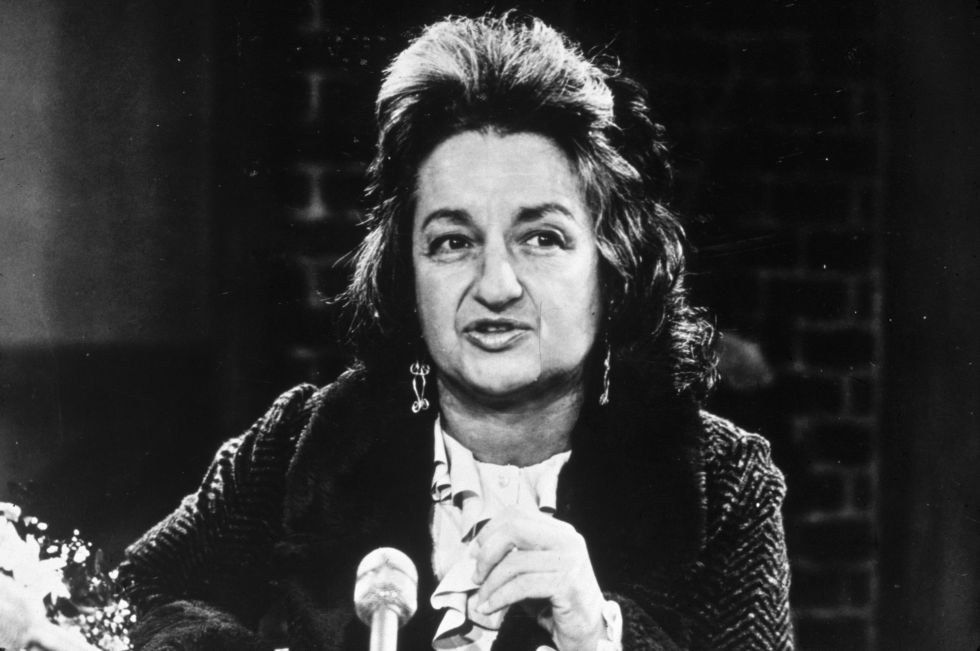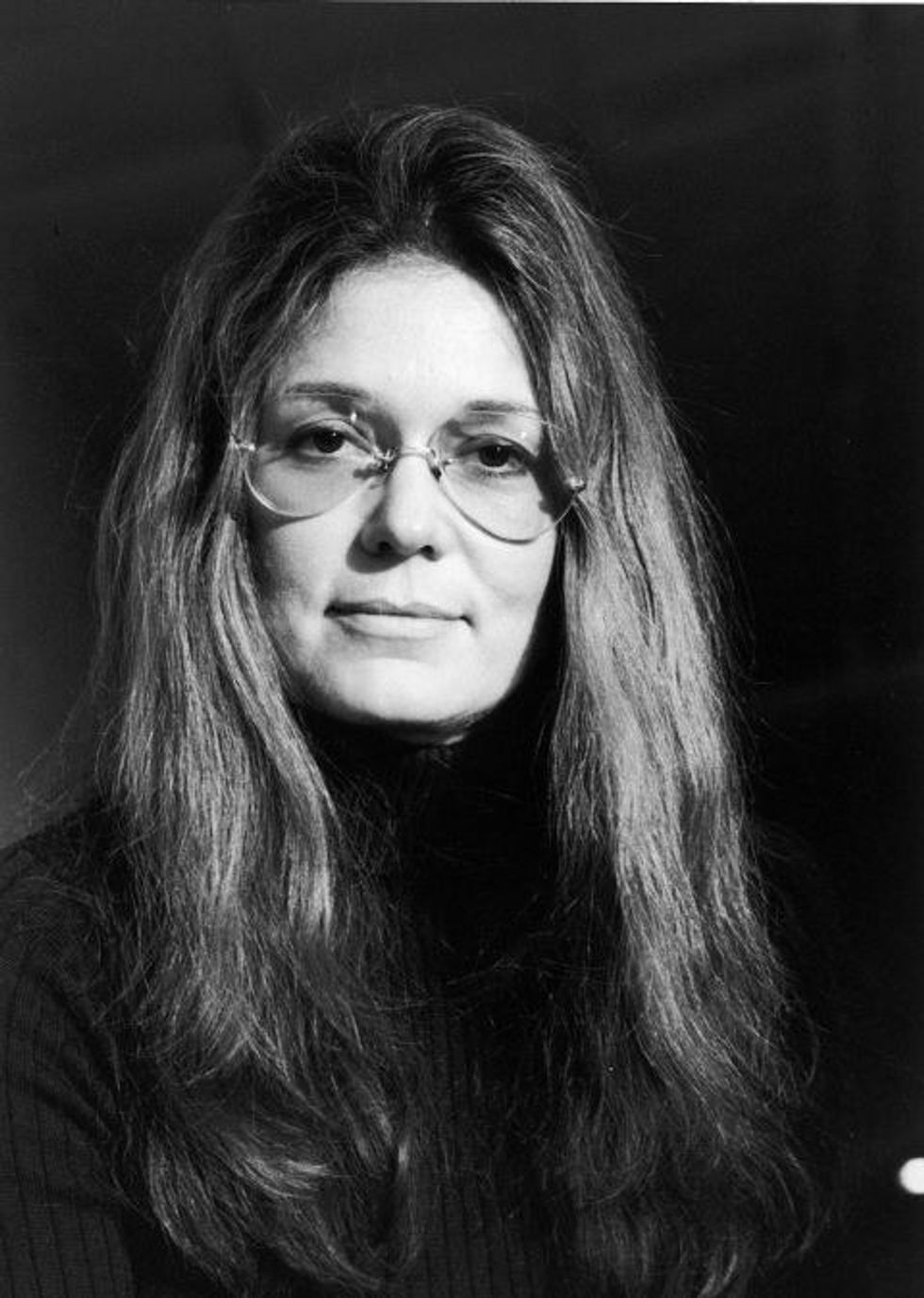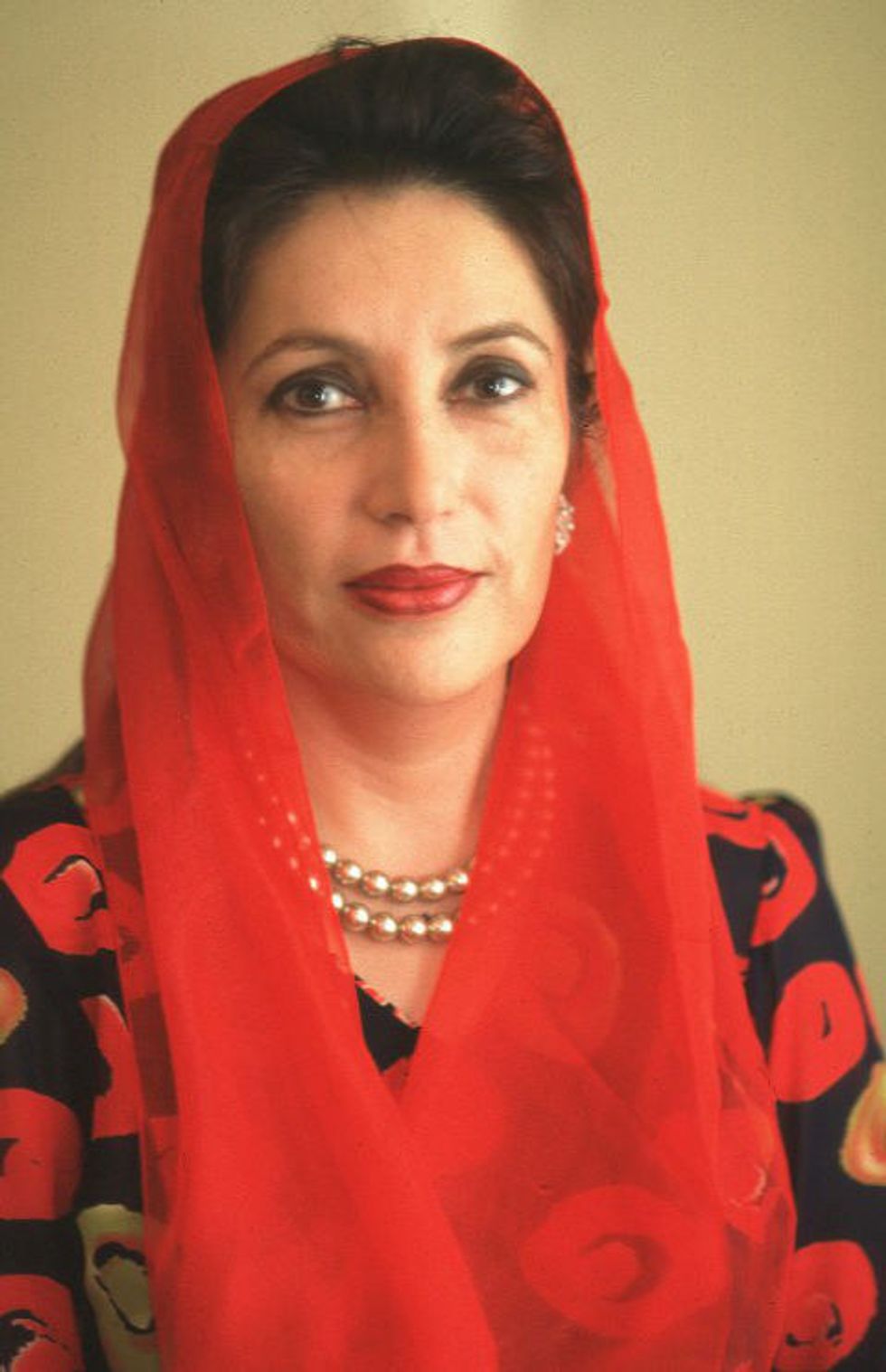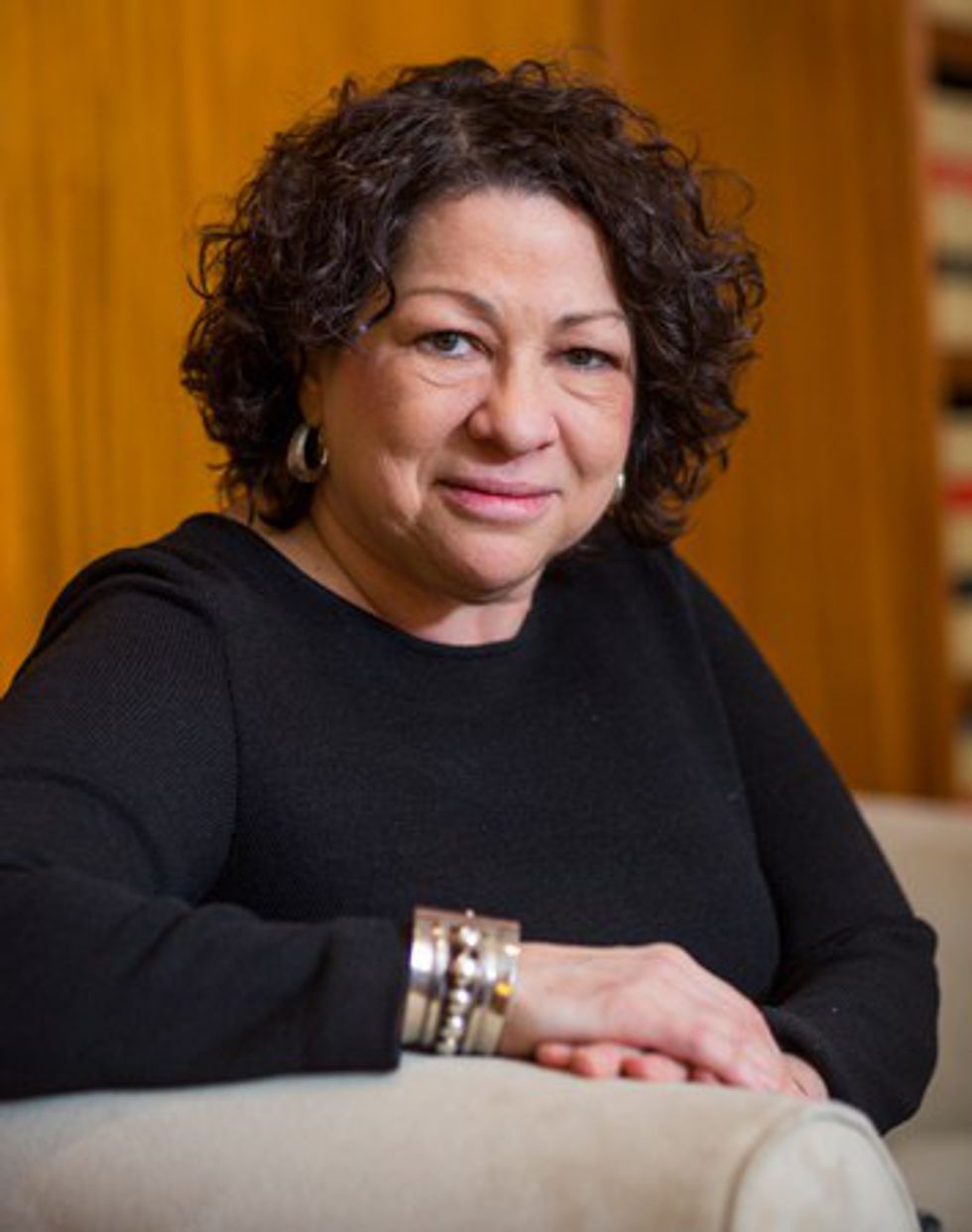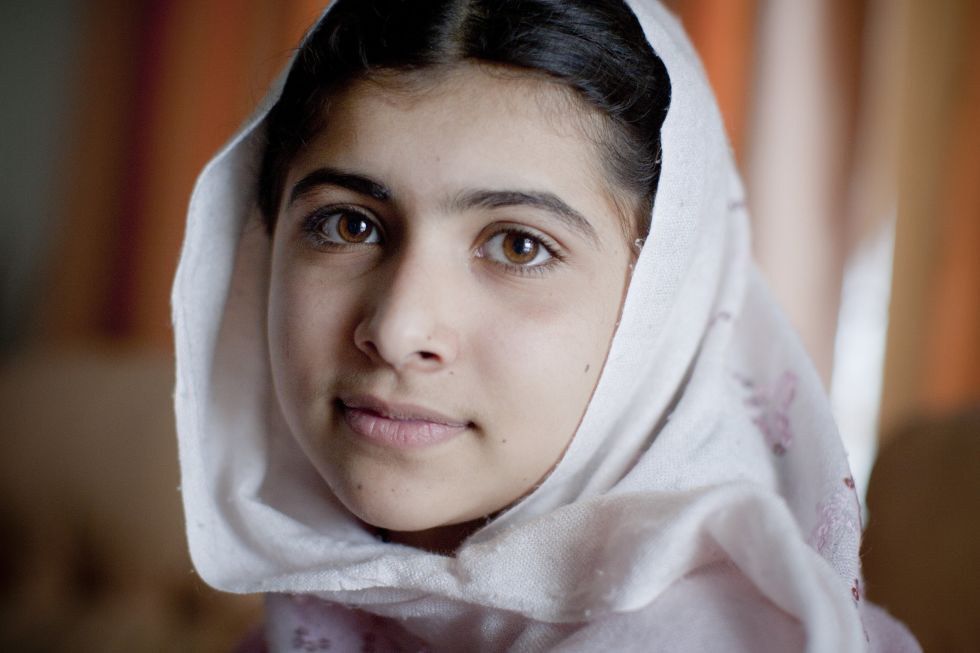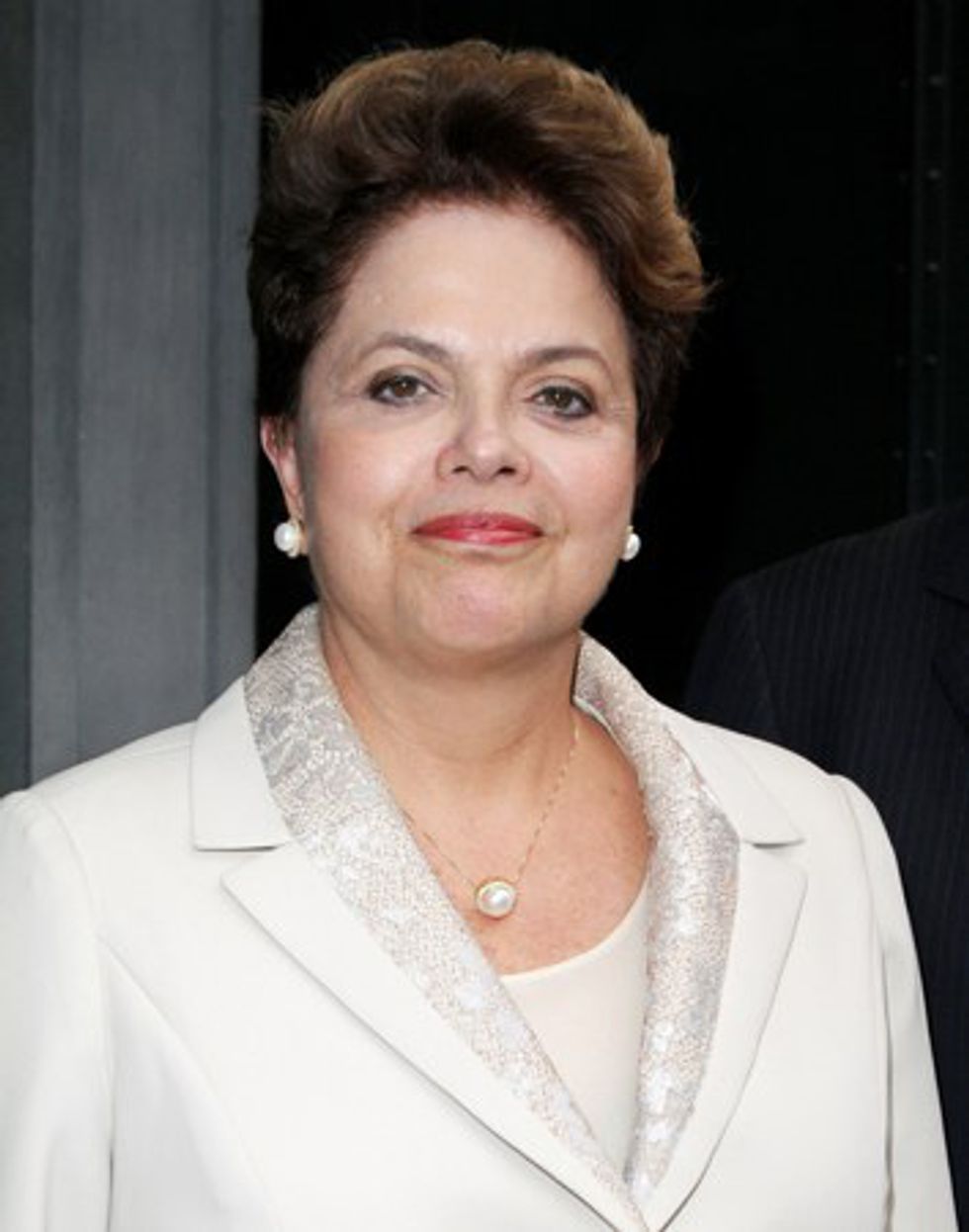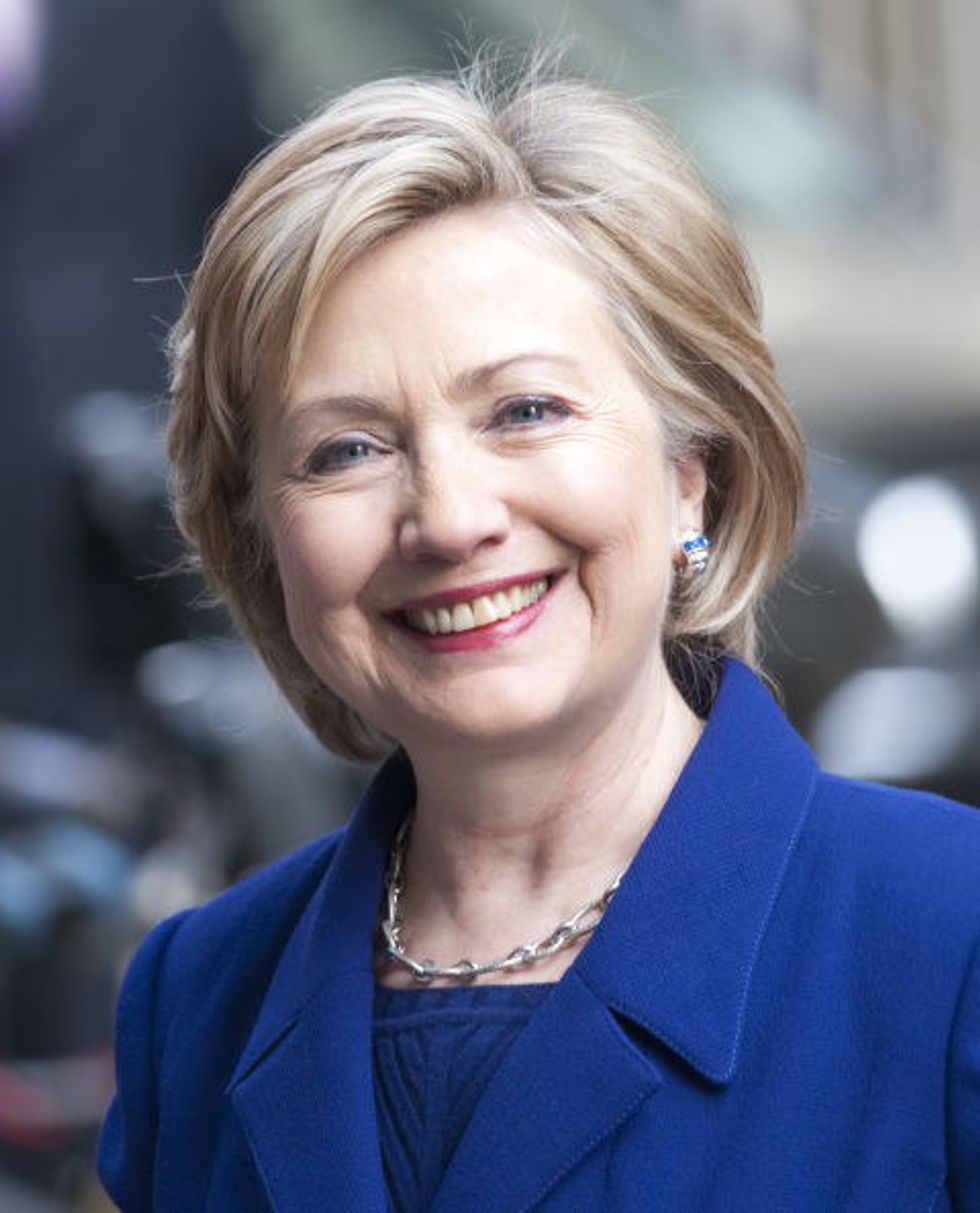For decades women have been left out of our history textbooks, despite their notable contributions. If they were represented, it was inaccurately, not only through text, but through mass media and advertising. Here is a list of women you may or may not have heard of before, but should know about and be informed of how they helped shape history.
1.Elizabeth Cady Stanton
Stanton was one of the first leading figures in the women’s movement. She helped plan the first women’s rights convention in Seneca Falls, New York, in 1848 in which she presented her Declaration of Sentiments (also known as an “updated” version of the Declaration of Independence that demanded equal treatment for women). She addressed several issues beyond voting rights for women, such as parental and custody rights, property rights, employment and income rights, divorce, economic health and birth control.
2. Susan B. Anthony
Anthony was one of the most influential figures in the women’s rights movement in the United States. She founded the National Women’s Suffrage Association and published a weekly journal, "The Revolution," that advocated for equal rights for people of color, including women. She’s best known for advocating equal rights while touring around the nation, many women did not have the opportunity to do this, so she advocated for them.
3. Mary Wollstonecraft
Woostonecraft was an early supporter if women’s rights with her work, "A Vindication of the Rights of Woman." She argued that women only appeared less intellectual to men at the time because they lacked access to education (obviously).
4. Elizabeth Blackwell
In the 19th century, it was rare to see women with professions, especially outside of a domestic sphere. Blackwell was one of the first to challenge this norm by becoming the first female doctor.
5. Emmeline Pankhurst
She was known as a suffragette (a woman seeking the right to vote through organized protest) but her protesting tactics were often intense, including hunger strikes, chaining herself to rails and violence. All she really wanted was to insure that the vote for women was granted, that’s how you know gender inequality was and continues to be a big deal. She affected the women’s suffrage movement in a tremendous way.
6. Simone de Beauvoir
Beauvoir is best known for writing "The Second Sex," an influential book on feminism. She influenced many other authors to write about feminism, including women of color.
7. bell hooks
The name ‘bell hooks’ is written in lower case to convey how “it is the substance of my books, not who is writing them, that is important” (Williams 1996, np). Her birth name is Gloria Jean Watkins, but prefers to go by her grandmother’s name, Bell Hair Hooks, a woman known for speaking her mind. hooks advocated for woman who are oppressed and have been silenced for years. Her writing focuses on the intersectionality of race, class and gender.
8. Betty Friedan
Friedan took to writing to express her concerns on the status of women at the time, thus wrote, "The Feminine Mystique." Despite her own concerns about being an unhappy housewife, Friedan worked to improve the lives of other women. She was the first president of NOW, the National Organization for Women and an avid supporter of the failed Equal Rights Amendment.
9. Dolores Huerta
She went from being a teacher to working with farm workers. Huerta was one of the first women to negotiate contracts. She fought for the rights of farm workers, just as much as Cesar Chavez. In fact, she made sure to tell Chavez that women were necessary to their success.
10. Gloria Steinem
One of the most popular feminists in the U.S., Steinem is best known for her work as an author and activist. She dedicated most of her life towards advocating for women’s rights. She also founded one of the most popular publications dedicated to feminism (to which I am subscribed) called Ms. Magazine.
11. Benazir Bhutto
Bhutto was the first woman to be elected Prime Minister in a Muslim country. While in office, her impact was huge. She changed the country’s political landscape from dictatorship to democracy. Bhutto was a great advocate for social change as well.
12. Sonia Sotomayor
Sotomayor is a notable Latina because of her position as a Supreme Court Justice. She represents strong women, but roots for all women.
13. Malala Yousafzai
As an 11-year-old, she stood up to the Taliban by writing a blog for the BBC about conditions under their rule. She survived their attacks and continues to fight for education for girls. Today she is the youngest-ever Nobel Prize laureate and a huge influence to women of all ages.
14. Tegla Laroupe
The Kenyan runner has many claims to fame. She was the first African American woman to win the New York Marathon, and she held the marathon record time for a woman (under three hours). She’s used her fame for good by promoting peace and women’s rights through the Tegla Laroupe Peace Foundation.
15. Dilma Roussef
Roussef is the first woman president of Brazil. She has been very vocal about her opinions of what woman can accomplish. In 2011, she said, “I speak to you with a feminine voice. It’s the voice of democracy, of equality. I am certain that this will be the woman’s century.”
16. Hillary Clinton
She may have started as First Lady to her husband, President Clinton, but that was just the beginning of her career. Since she’s left office, she has served as a New York Senator, and Secretary of State. Now, she is the closest a woman has gotten to securing a presidential nomination.




